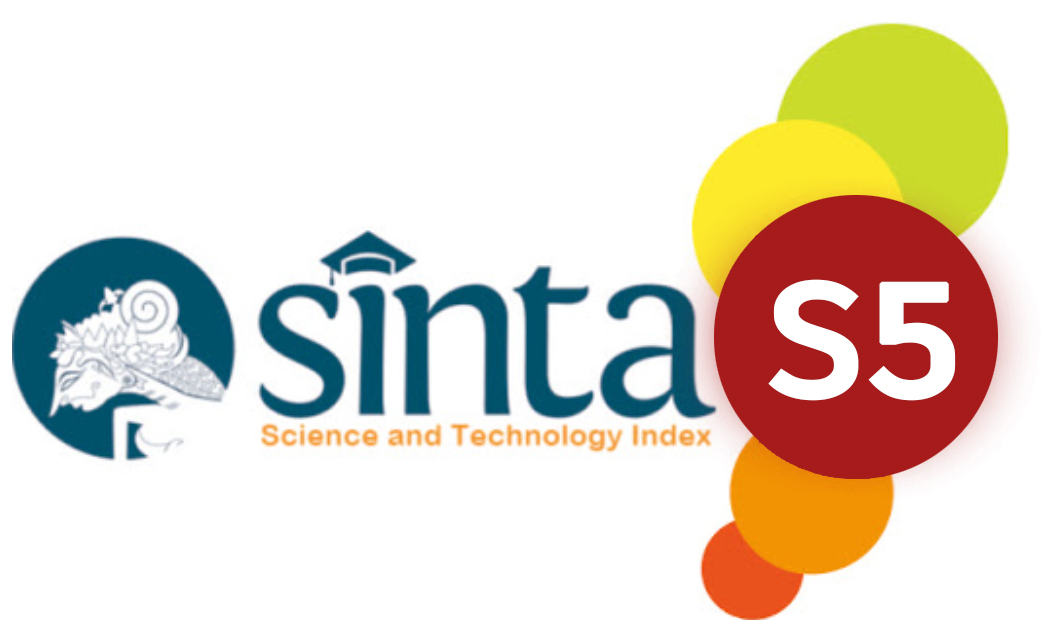PENGARUH PSIKOEDUKASI TERHADAP PERILAKU ORANG TUA DALAM MERAWAT ANAK KRITIS DI PEDIATRIC INTENSIVE CARE UNIT RSUP Dr. SARDJITO YOGYAKARTA
DOI:
https://doi.org/10.35913/jk.v4i2.175Keywords:
psycho education - parent attitude - children with critical conditionAbstract
Parents’ crisis situation resulting from condition of children treated in Pediatric Intensive Care Unit (PICU) hinders the parents’ role in taking care of their children. Psycho education can decrease the stress to increase the parents’ role in supporting their children’s treatment. This research was to find out the effect of psycho education on parents’ attitude in taking care of children with critical condition in PICU. Quasi experimental research was used with pre-test post-test without control. Population was parents whose children were hospitalized in PICU of RSUP Dr. Sardjito Yogyakarta. Consecutive sampling technique resulted 37 parents who met the criteria. The independent variable was psycho education, the dependent variable was parents’ attitude in taking care of their children with critical condition. The test was done by doing observation by observer who has done observation reliability test using cohen cappa resulted between 0,60-0,73 (good). The data analysis used Wilcoxon Sign Rank Test with 95% confidence interval. The result showed an effect of psycho education on parents’ attitude in taking care of children with critical condition in PICU.
References
Aldridge M. Decreasing parental stress in the pediatric intensive care unit one unit’s experience. Crit Care Nurse. December (2005) [diakses pada17 Oktober 2014]; 25 (6): 40-50. Dari http://ccn.aacnjournals.org/content/25/6/40.short.
Andershed B. Relatives I end-of life care part 1 (2006) : a systematic review of the literatre the five las years. Journal of Clinical Nursing 2006: 15(9):1158-69, (1111 ref).
Colville G. Paediatric intensive care. Paediatric psychology. 2012: 25 (3): 2012. Diakses di http://www.thepsychologist.org.uk/archive tanggal akses 17 oktober 2014
Hardhana B, Didik B,Vensya S, & Titi AS. Profil Kesehatan Indonesia. Jakarta: Kementrian Kesehatan Republik Indonesia. (2012). diakses pada 17 Oktober 2014 dari http://www.depkes.go.id/folder/view/01/structure-publikasi-pusdatin-profil-kesehatan.html.
Hudson, Aranda, & Hayman-White. (2005). A psycho-educational intervention for family caregivers of patients receiving palliative care: a randomized controlled trial. Journal of Pain and Symptom Management. 2005: 30(4), 329–34.
Kearvel H & Grant J. Getting connected (2008) : How nurse can support mother/infant attachment in the neonatal intensive care unit. Australian journal of advance nursing (2008: 27 (3): 75-82). Di akses di http://www.ajan.com.au/vol27/27-3_kearvell.pdf tanggal akses 10 Oktober 2014.
Kirpalani HN & Lennox H. (2009). A qualitative study exploring the experiences of parents of children admitted to seven Dutch pediatric intensive care units. Manual of pediatric intensive care. PMPH-USA
Latour et al. . A qualitative study exploring the experience of parents of children admitted to seven Deutch pediatric intensive care unit.Intensive Care Med. 2011. 37(2):319-25. doi: 10.1007/s00134-010-2074-3. Tanggal akses 10 Oktober 2014.
Walsh J. Psycheducation in mental health. Chicago: Lyceum Books, Inc; 2010.
Rachmaniah D. (2012). Pengaruh psikoedukasi terhadap kecemasandan koping orang tua dalam merawat anak dengan thalasemia mayor di RSU Kabupaten Tangerang Banten. Tesis Depok : Universitas Indonesia









